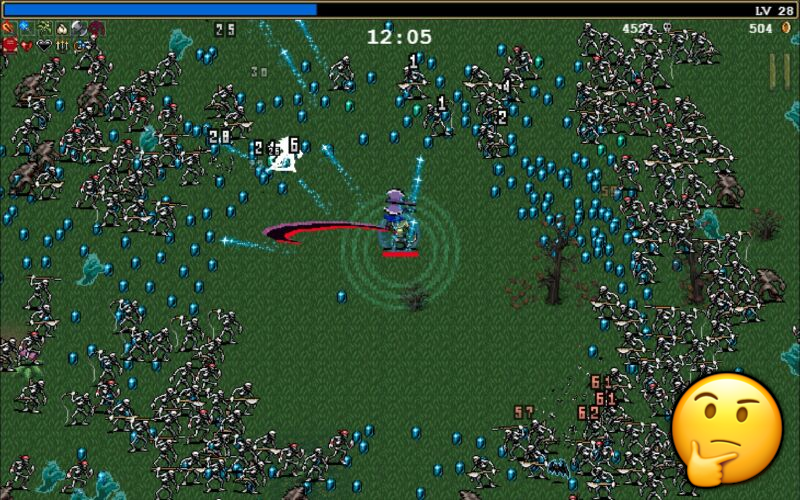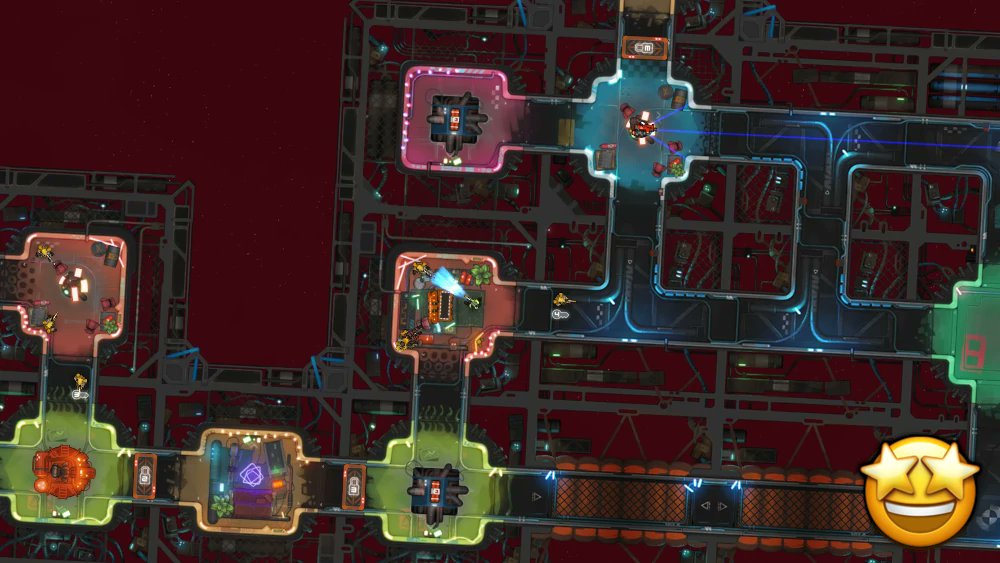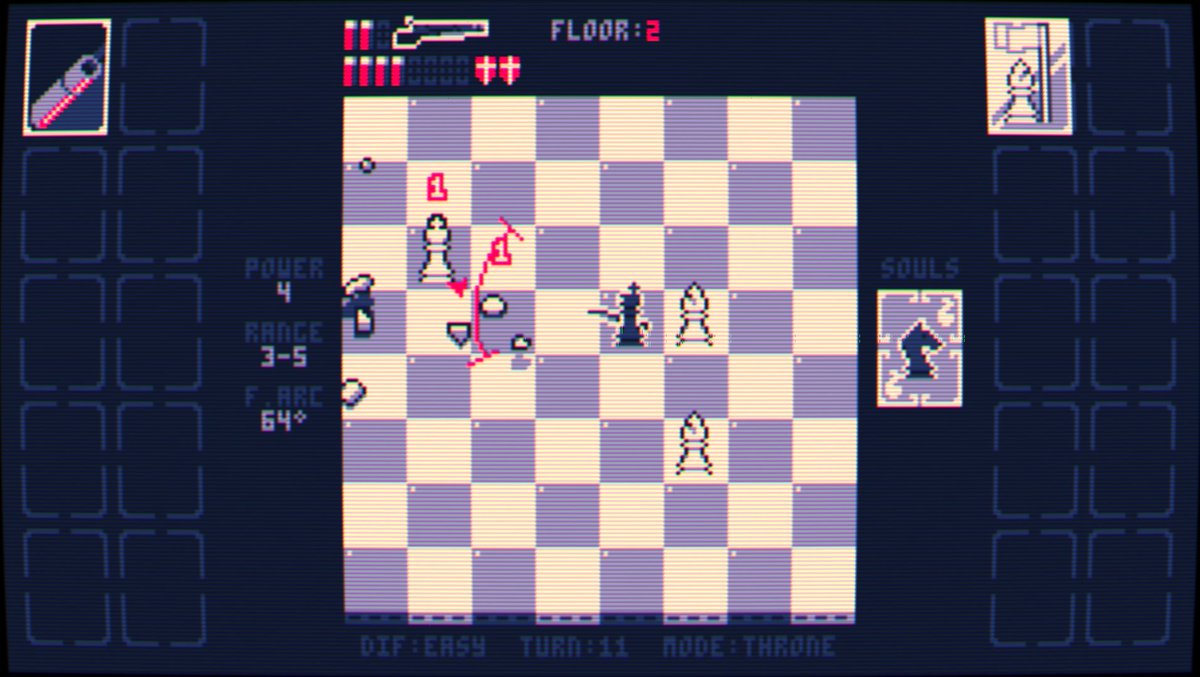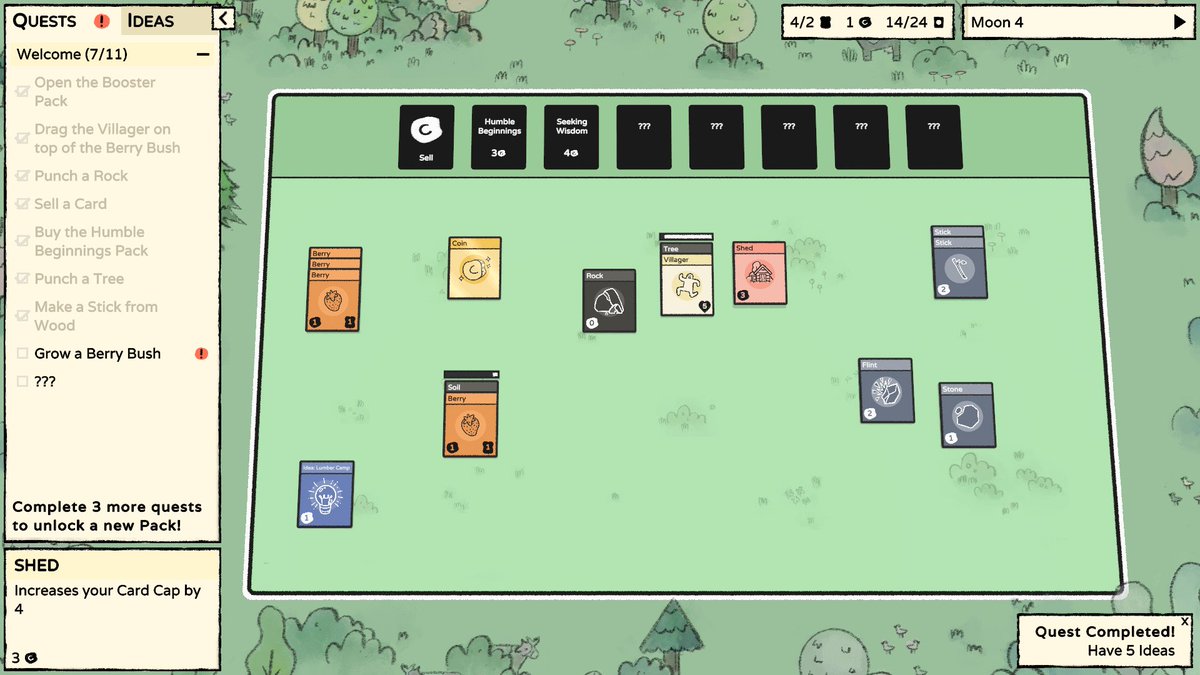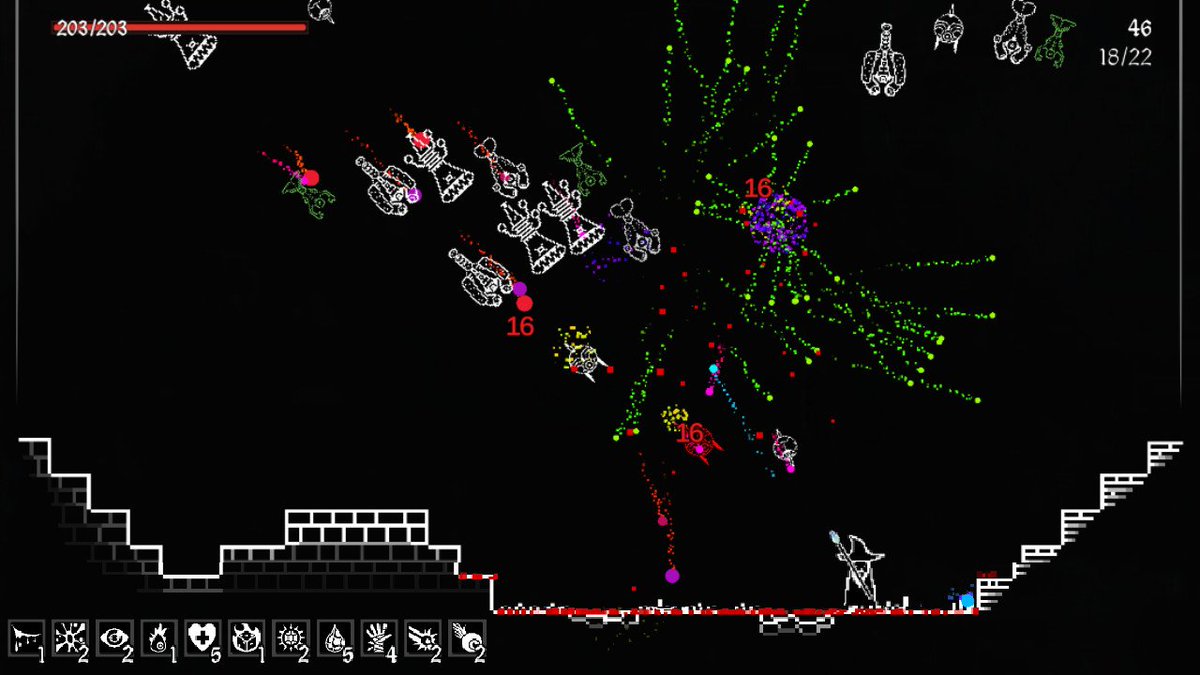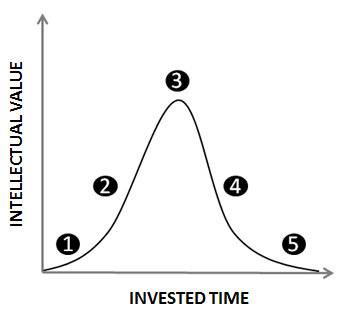Today I'll talk about my personal #GameDesign and #IndieDev philosophy, specifically these principles: fischergamedesign.com/design-philoso…
I will add example games as screenshots (game names and more details in the alt text if you're interested).
Thread! 🧵👇
I will add example games as screenshots (game names and more details in the alt text if you're interested).
Thread! 🧵👇

Games I value are all about interactivity. 🎮
I want mechanical challenge (either in a systemic / strategic way or reflex-based) or experiential narrative (i.e. a story you *feel* via mechanics, not one that is told to you). In either case: No wannabe movies!



I want mechanical challenge (either in a systemic / strategic way or reflex-based) or experiential narrative (i.e. a story you *feel* via mechanics, not one that is told to you). In either case: No wannabe movies!




Games I value enrich players' lives. ➕
I want to to experience intrinsically motivated discovery of either systemic insight or narrative meaning. Don't bait me with dishonest "engagement boosters", don't wave shiny-but-empty carrots in front of my face.



I want to to experience intrinsically motivated discovery of either systemic insight or narrative meaning. Don't bait me with dishonest "engagement boosters", don't wave shiny-but-empty carrots in front of my face.


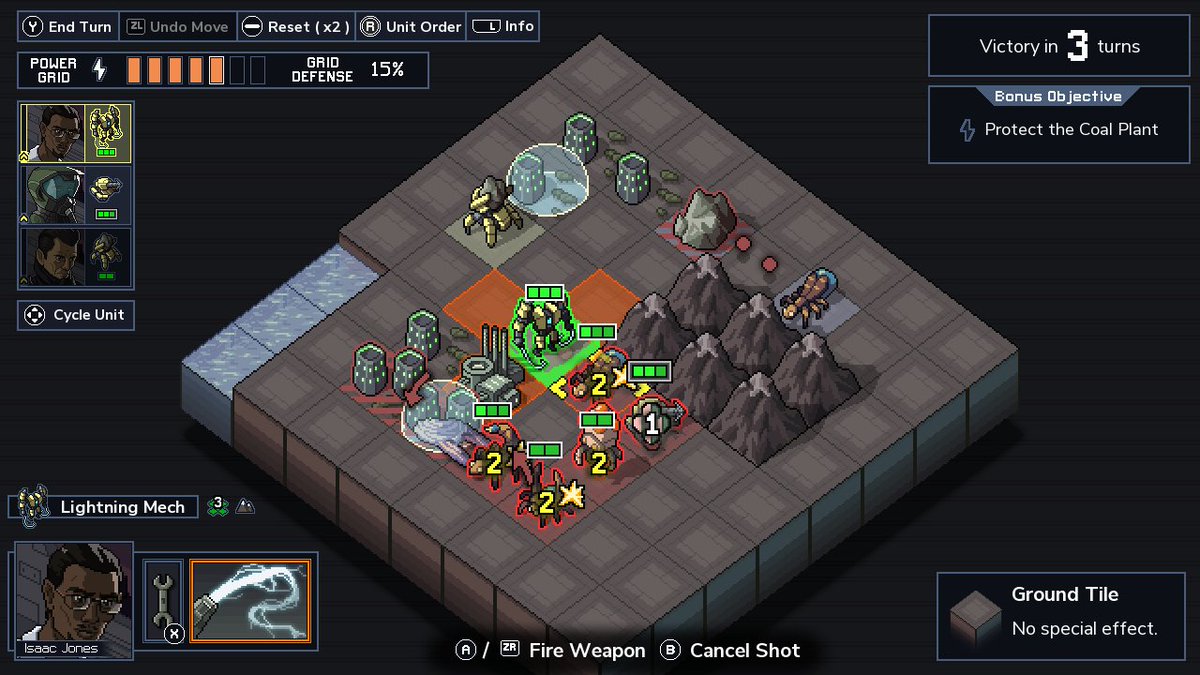

Games I value challenge players. 🏋️
I want to think creatively, to master mechanics, or to interpret narrative contexts on my own. Don't hold my hand all the time. Don't pretend your game is deep by showing me sophisticated audiovisuals or making me watch pretentious cutscenes.



I want to think creatively, to master mechanics, or to interpret narrative contexts on my own. Don't hold my hand all the time. Don't pretend your game is deep by showing me sophisticated audiovisuals or making me watch pretentious cutscenes.


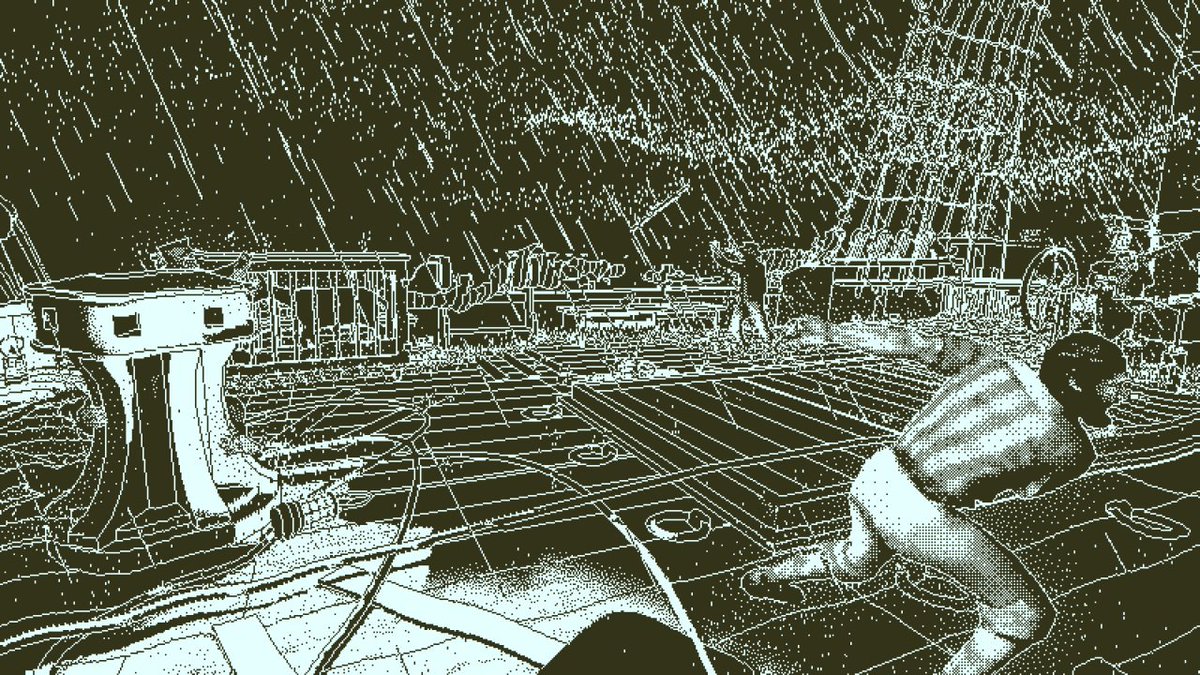
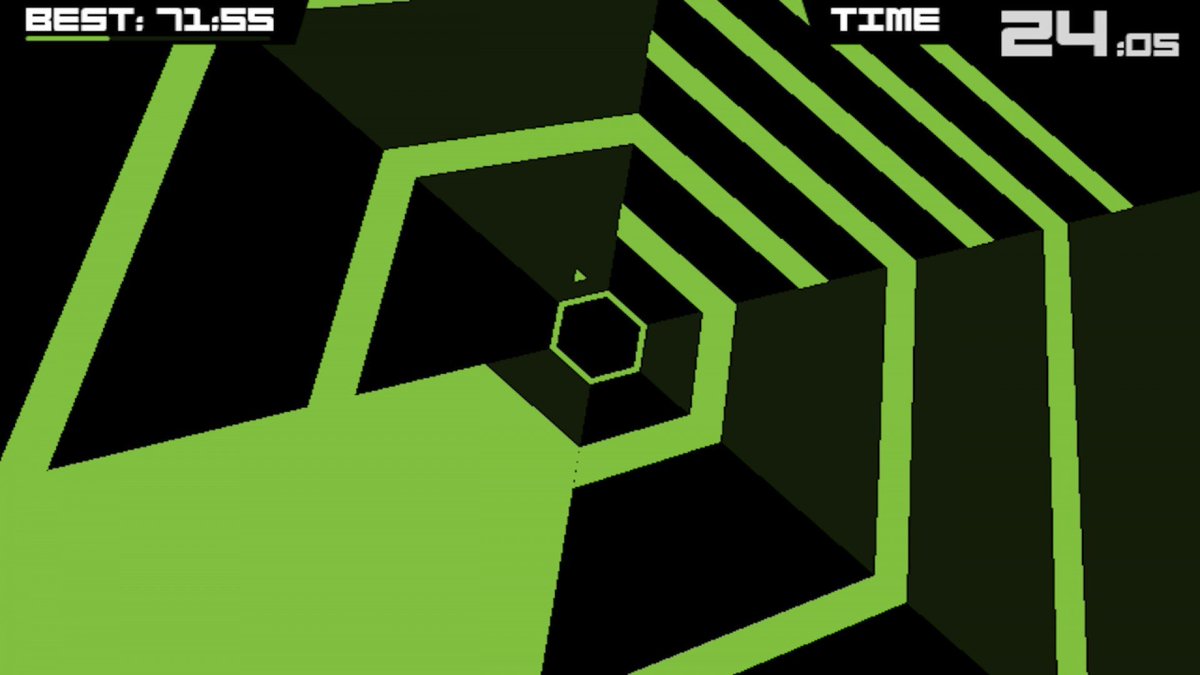
Games I value inspire players to learn. 🤔
I want to receive transparent feedback about how I'm doing or be confronted with empathic narrative that stays with me and informs my personal development. Don't sugar-coat everything in hollow praise. Don't send me on dumb power trips.



I want to receive transparent feedback about how I'm doing or be confronted with empathic narrative that stays with me and informs my personal development. Don't sugar-coat everything in hollow praise. Don't send me on dumb power trips.




Games I value are tightly focused. 🔎
I want to be presented with a clear, conflict-free vision. Let your narrative support your system, or vice versa. Don't make me constantly switch between mechanics and storytelling mode. Don't sacrifice the quality of one for the other.



I want to be presented with a clear, conflict-free vision. Let your narrative support your system, or vice versa. Don't make me constantly switch between mechanics and storytelling mode. Don't sacrifice the quality of one for the other.




Games I value are designed cohesively. ⚙️
I want every element to exist in support of the core experience. I want to think "makes sense" whenever I discover a new part of the whole. Don't add stuff just to have "more content" or higher numbers to put in your marketing copy.



I want every element to exist in support of the core experience. I want to think "makes sense" whenever I discover a new part of the whole. Don't add stuff just to have "more content" or higher numbers to put in your marketing copy.

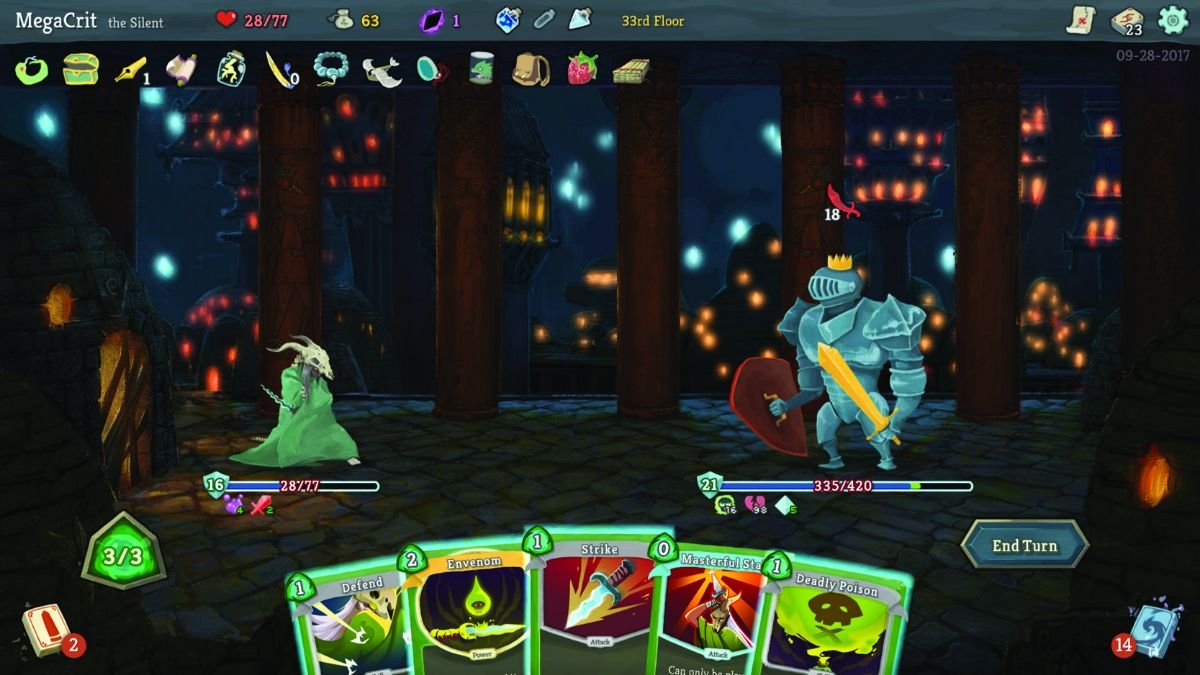


Games I value respect the players' time. ⏳
I want every second of the time I invest into playing a game to count. Don't waste time by presenting me with obvious choices. Don't force me into passive waiting times I can't even use to make plans. Don't make me grind.



I want every second of the time I invest into playing a game to count. Don't waste time by presenting me with obvious choices. Don't force me into passive waiting times I can't even use to make plans. Don't make me grind.




Games I value respect the players' intelligence. 🧠
I want games to assume I'm decently smart. Don't be condescending and don't try to manipulate me by using methods of psychological exploitation, faking more depth than you actually have, or throwing mindless spectacle at me.



I want games to assume I'm decently smart. Don't be condescending and don't try to manipulate me by using methods of psychological exploitation, faking more depth than you actually have, or throwing mindless spectacle at me.
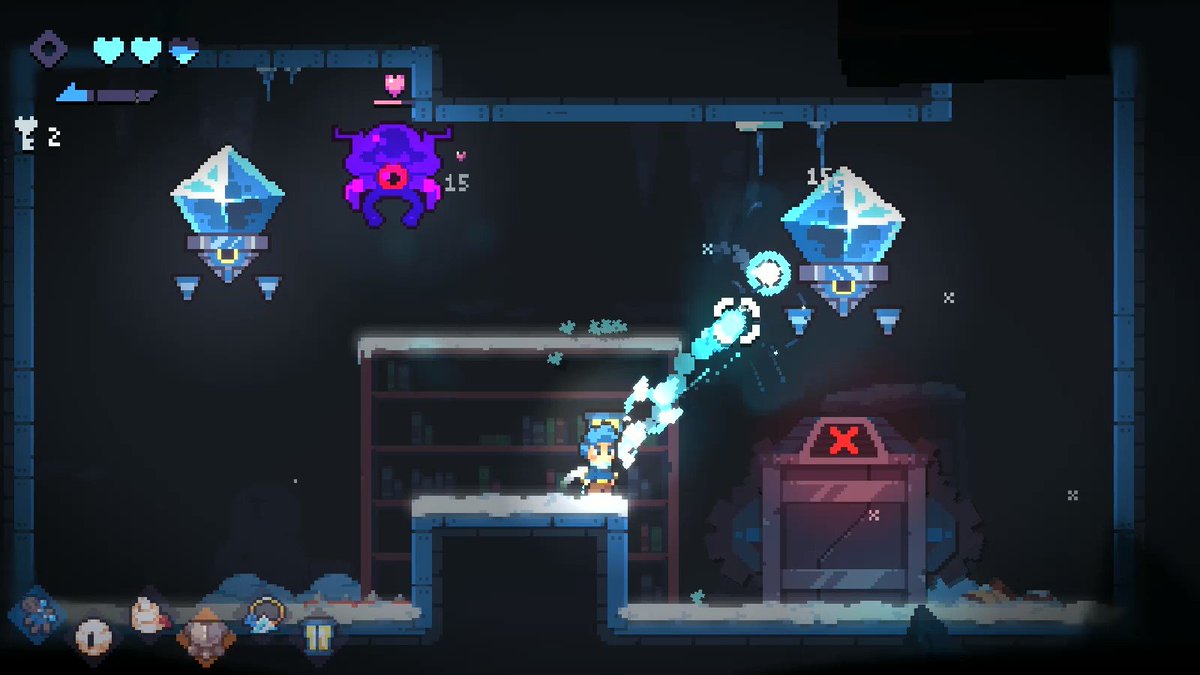


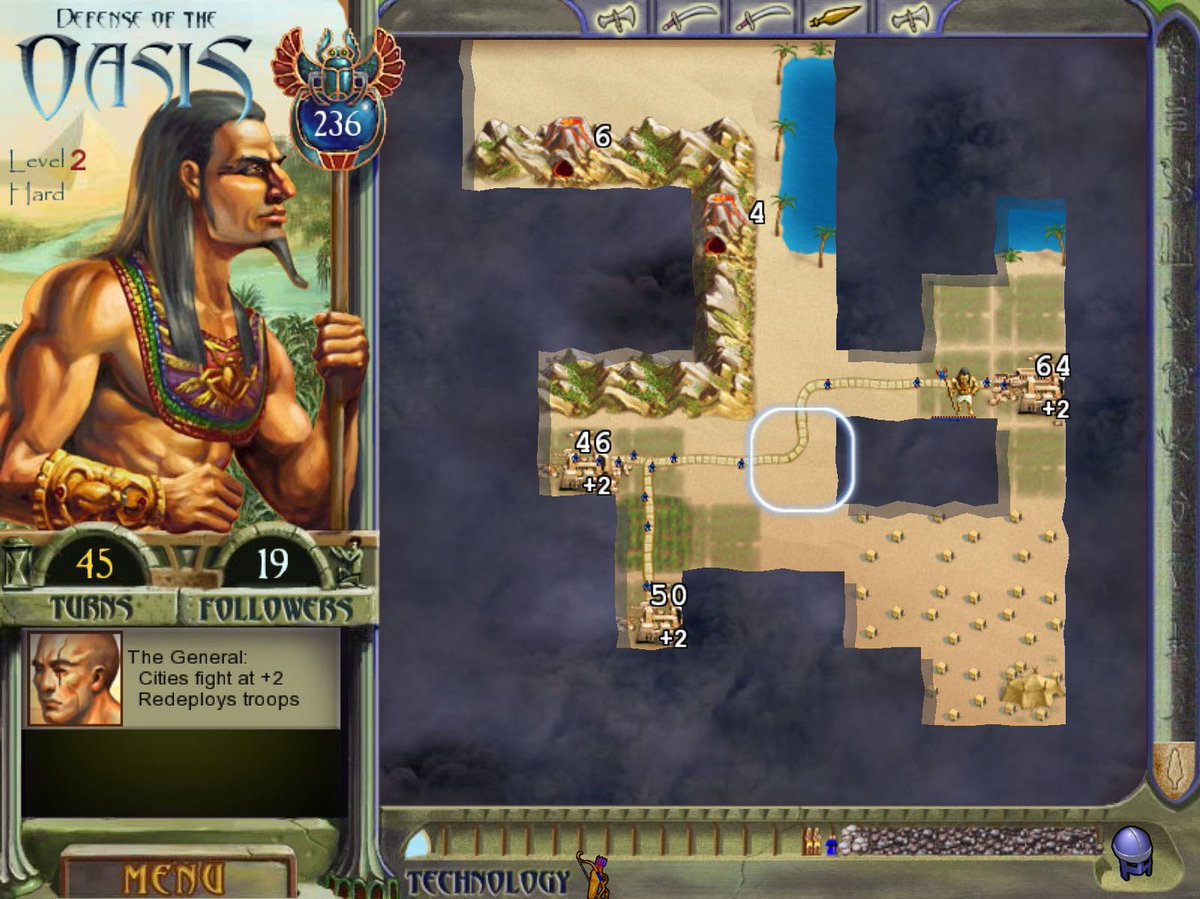
Games I value advance the medium. 🧪
I want games to experiment and to inspire new ways of thinking in their players. Don't be all derivative and just make "X but more polish / content". At least add a twist of your own. Be a little bit of scientist and push your art forward.



I want games to experiment and to inspire new ways of thinking in their players. Don't be all derivative and just make "X but more polish / content". At least add a twist of your own. Be a little bit of scientist and push your art forward.
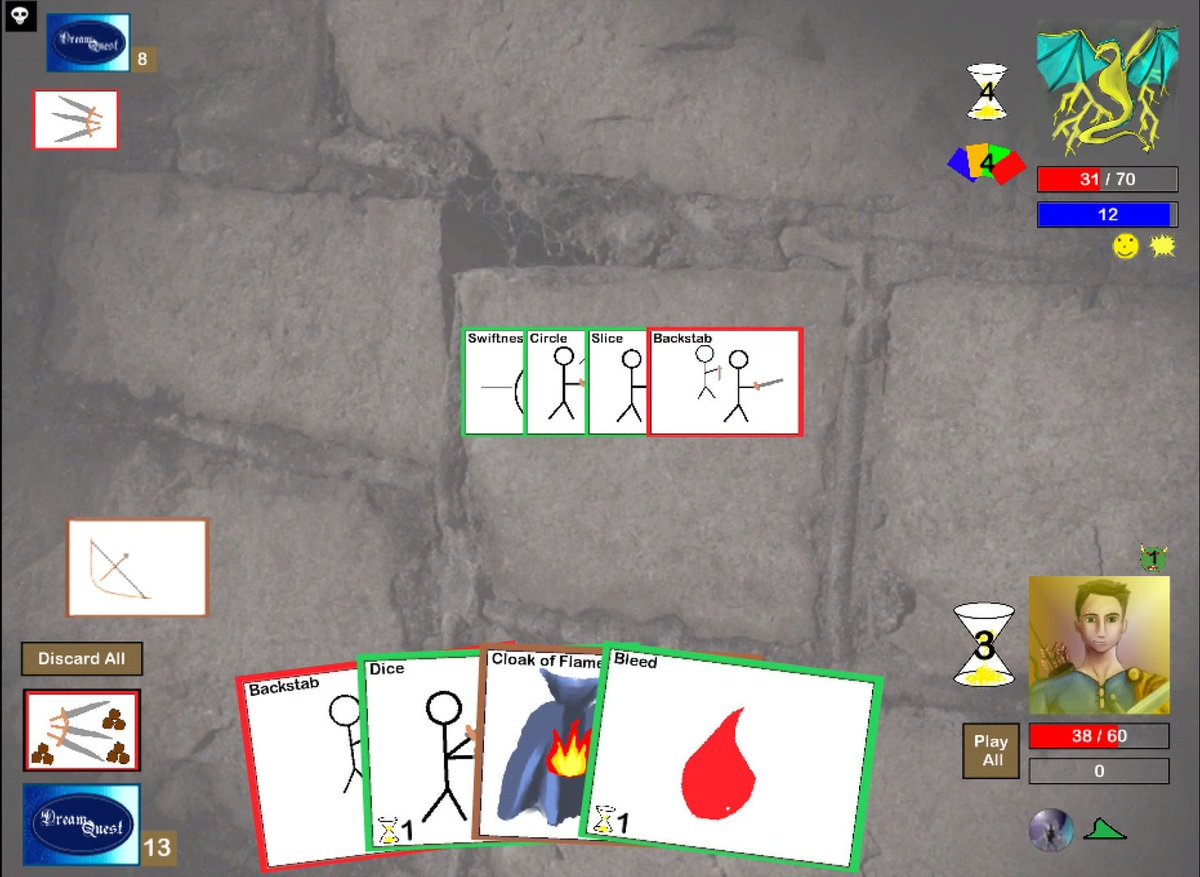



Games I value convey progressive values. 🌐
I want games to inspire critical thinking and to promote values such as competence, planfulness, holism, empathy and diversity. We're all in this together and shouldn't constantly reinforce narratives of hierarchy and exploitation.



I want games to inspire critical thinking and to promote values such as competence, planfulness, holism, empathy and diversity. We're all in this together and shouldn't constantly reinforce narratives of hierarchy and exploitation.




If you disagree or want to learn more about any of the above, feel free to contact me. I'm up for game design discussions pretty much anytime! :)
You can also check out my writing. A few starting points: fischergamedesign.com/writing
In any case: Keep playing, keep thinking! ✊
You can also check out my writing. A few starting points: fischergamedesign.com/writing
In any case: Keep playing, keep thinking! ✊
• • •
Missing some Tweet in this thread? You can try to
force a refresh








